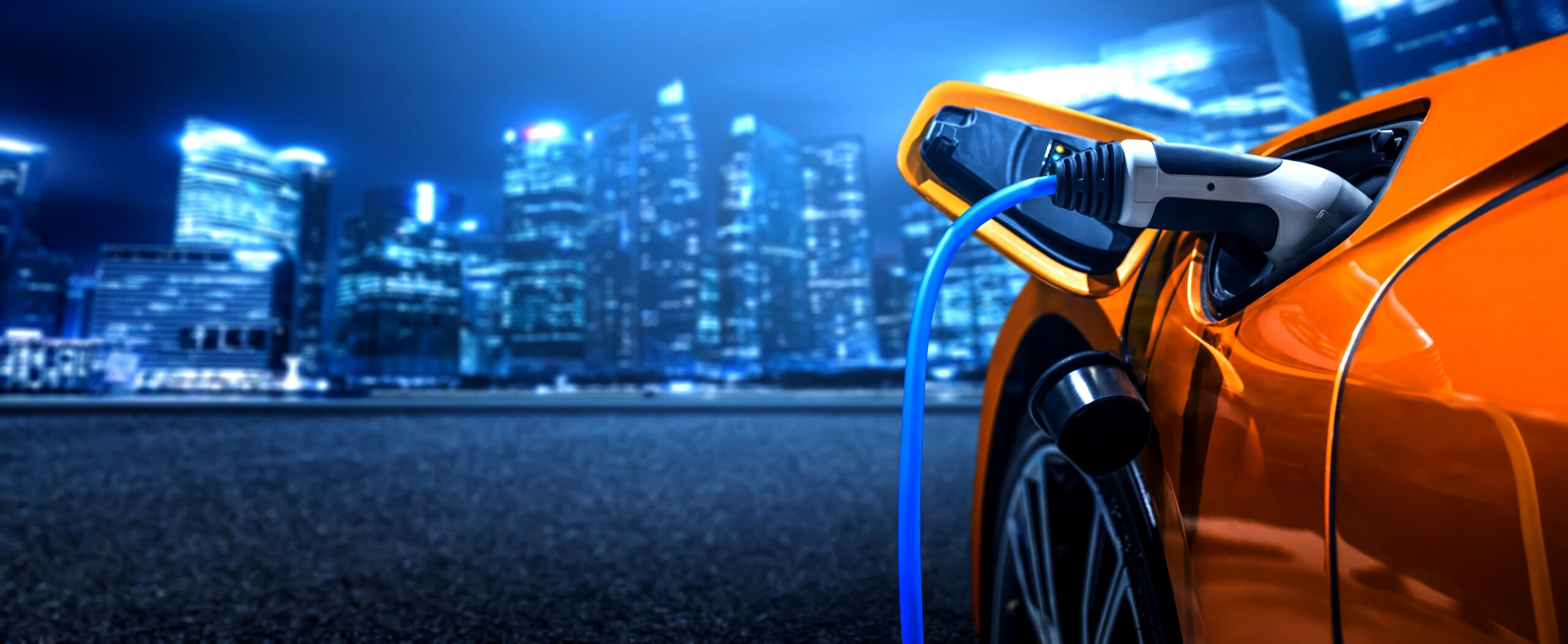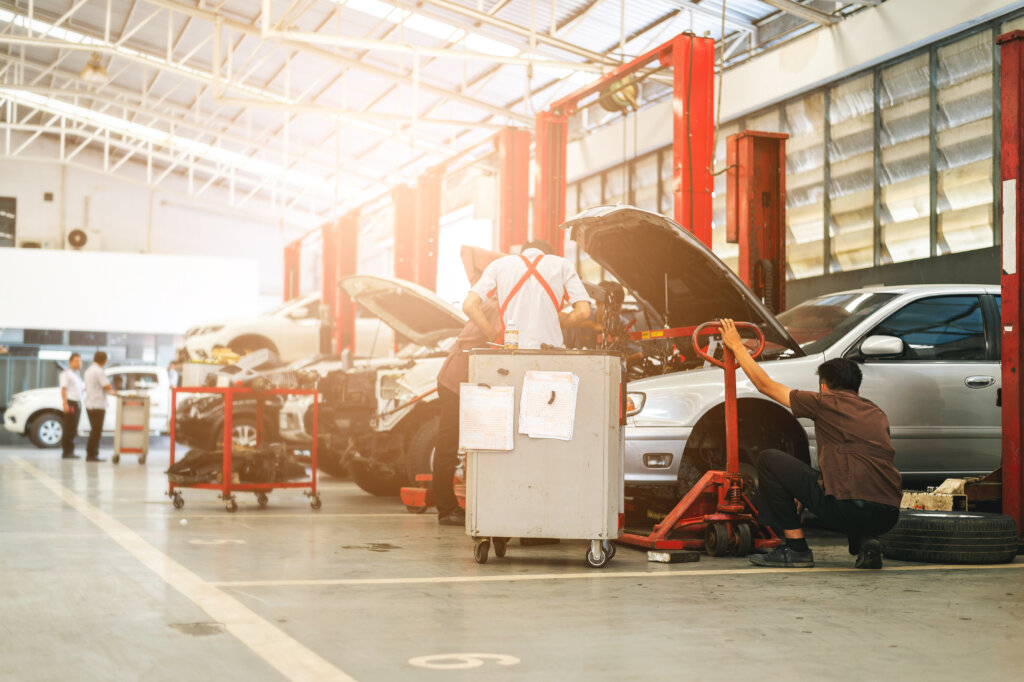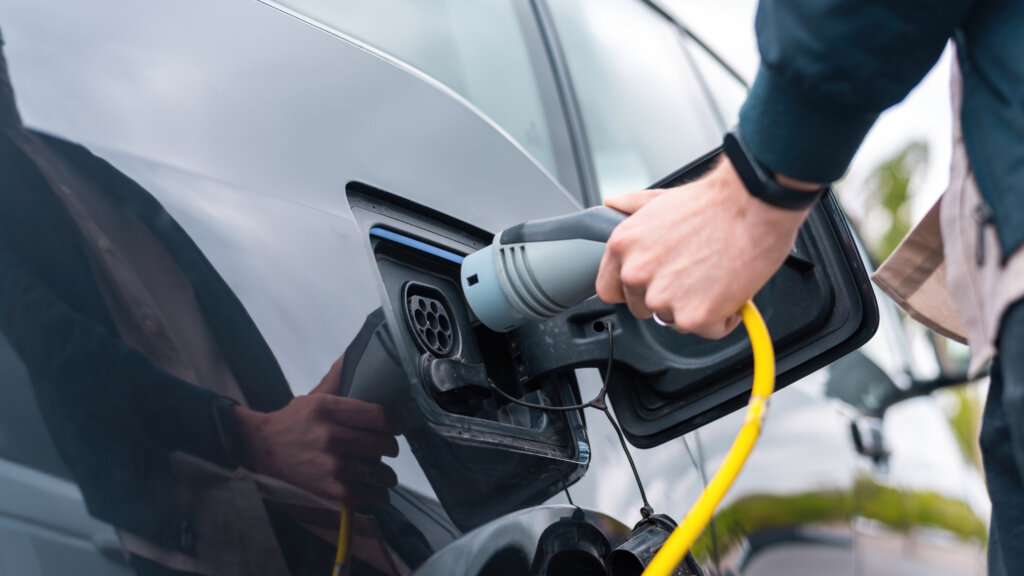
Why should you buy an EV in 2023?
As petrol and diesel prices increase, India’s future in the gas cars business and usability looks bleaker and certainly not better. But, with the introduction of electronic vehicles – EV cars in India, the market scenario seems to be changing for the good. But do you think India is ready for electric vehicles?
With the increasing demand for sustainable living and an eco-friendly lifestyle, people in India have started understanding the importance of and are adapting to the EV car generation. EV cars are more likely to boost in the current market scenario where the price of petrol and diesel are skyrocketing.
In contrast, the cost of electricity stays the same. Not only this, but the merits of petrol/diesel-based cars are also increasing. It is worth switching to electronic vehicles that run on electricity, leading towards reducing global warming and promoting reducing carbon footprints in the environment.
What are the benefits of buying an Electronic vehicle in India?
The upcoming era is definitely going to be of all-electric cars in India. The future seeks to adapt to the new-age ways of being sustainable and preserving mother earth in the best possible ways. Considering various positive aspects and parameters of EV cars, here are a few benefits of buying an EV car today to have a better future tomorrow.

The maintenance and running costs of EV cars are lesser than those of petrol or diesel cars.
The scope of electric vehicles in India is broad compared to petrol/diesel cars. Firstly, the maintenance cost for EV cars in India is lesser than that of ordinary vehicles. After a few years, the petrol/diesel led cars start showing unwanted faults and damages which demand repair or replacement of spare parts.
Maintaining an internal combustion engine requires regular maintenance of several moving parts. This starts adding up the expenses incurred for a vehicle, which stays the same with time. Secondly, EV cars in India have a battery to charge electricity and a motor to run the vehicle.
For a fact, even the tires come under the purview of repair or maintenance almost after 4 years or usage of 40,000 KMs or more. Hence, a monthly maintenance cost reduction is directly related to purchasing an EV in India. The warranty for the batteries is upto 8 years for the EV.
Silent and environmentally friendly
With climatic control in an emergency, switching to EV is the most sensible and logical approach. Eventually, after a few years, the importance of electric vehicles in India will increase tremendously. Going green with electric cars is only for the benefit of everyone in the future.
As the spare parts are almost negligible in EVs, it doesn’t have any reason to make an unwanted sound like in regular cars and create noise pollution.

The ease of charging the vehicle battery at home
Charging batteries at home are advantageous as they can be detached from the car. The lengthy lines for petrol/diesel that exist for conventional cars in India will not be necessary if you buy an Electric vehicle. Though the charging time for the batteries is long, the convenience after that is incomparable. If you sometimes need to remember to charge the battery, you can acquire help through fast chargers or swapping batteries.
Zero tapeline and hazardous environmental emissions
Reducing carbon footprint is only possible with the help of electric vehicles in India and moving towards zero tailpipe emissions. Not only in cars, but this can be adapted in all kinds of vehicles like buses, trucks, etc. Cars that burn petrol or diesel contribute to climate change and global warming due to their emissions of greenhouse gases. Carbon monoxide, benzene, formaldehyde, and nitrogen dioxide are among the harmful byproducts produced by this process.
The various Tax and other financial benefits of buying an EV car in India

Considering the Indian climatic and environmental conditions, the Government of India has developed several initiatives and practices to become a better nation. India has many plans and initiatives towards environmental upliftment, sustainable living, and lifestyle.
Keeping in mind the evolution of transport in terms of electric vehicles, the Government of India has launched FAME (Fast Adoption and Manufacturing of hybrid or electric cars). It is currently India’s flagship scheme for promoting EVs. It is currently in its 2nd phase with a motive of 3 years known as FAME-II, effective from 1st April 2019, with an Rs.10,000 crore budget in place.
There are numerous incentives, policies and subsidies offered by the Indian Government to purchase EVs in India. These subsidies help avail purchase initiatives, coupons, buy subventions, road tax and registration fee redemption, income tax benefits, scrapping incentives and many other such facilities. These facilities differ as per the state of purchase. Other initiatives, such as
- Pli scheme
- Battery swapping policy
- Interest-free loans
- Top-up subsidies
- Special incentives on electric 3-wheelers
- Tax reduction on buying EVs
- Special electric mobility zone and much more for encouraging EV usage in India.
Not only this, but governments worldwide are strategizing on switching to electric vehicles in the coming 5 to 10 years from now. There are timelines set already to achieve the desired targets, including India.
What will the status of electric vehicles be in India by 2030 if everything goes according to plan?
According to recent reports and data sources, it is anticipated that the electric car price drop will undoubtedly occur by 2030. EVs will be half the price of petrol or diesel-running vehicles. This automatically raises the demand for EV cars in the market and eventually leads to a revolution five to ten years later.
Based on the information from the International Council on Clean transportation, it is anticipated that with the rise in EV consumption, the prices of car batteries will also reduce. Currently, electric vehicles in India are more expensive than regular cars. Still, with the change in a consumer mentality and increasing petrol/diesel prices, there will be more EVs on the road compared to the regular ones.
The experts also assumed and predicted that there would be a massive price reduction in the various indirect costs incurred in manufacturing and maintaining Electric vehicles in India. This includes amortized expenses and depreciation in the overall cost.
People who are considerate at the moment and buy electric vehicles in India are the ones who have already presumed the future of gas cars. The understanding regarding the impact of EVs on the overall economy and sustainability quotient worldwide. The current 150kW powered batteries will definitely see a reduction in price by 2024. Also, 250kW power EVs in India are anticipated to cost less by 2025.
In 2022, gas prices have increased majorly in India, and there are very few chances that they will go back to the range of 50 or 60 rupees per litre ever. Considering the inflation and rise in price for everything, the cost of petrol and diesel will surely go up on the graph and never decline.
With this fact, we can proudly say that electric vehicles in India are the future to create a sustainable lifestyle and support the earth to survive in a better state as much as possible. The Government of India and even the motor companies are putting in extra efforts to create an eco-friendly living for everyone who would survive till the future.
Brands like Kia, Morris Garage, Tata, Hyundai, and Mahindra have launched electric vehicles in the India markets, which are affordable with various price brackets. By 2030, more efficient and evolved versions of electric cars will be available at much cheaper rates. The future seems bright with the evolution of electric vehicles. Still, it all depends on consumer consumption and the changing trends in the market.
